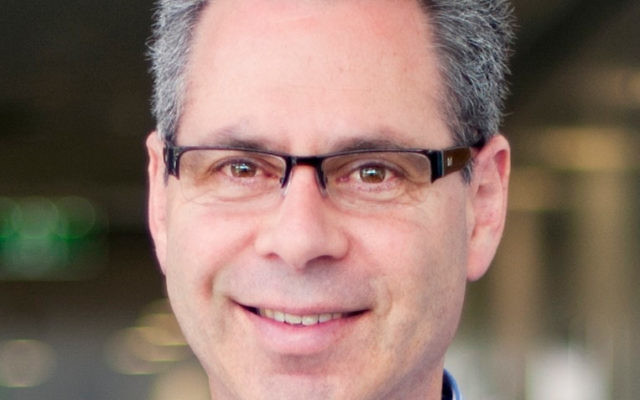A ‘holy grail’ for Jewish breast cancer victims?
With the statistics for Ashkenazi Jewish women carrying a faulty BRCA1 gene alarmingly high, it is promising news for the community that a “holy grail” for breast cancer prevention in high-risk women is on the cards.
WITH the statistics for Ashkenazi Jewish women carrying a faulty BRCA1 gene alarmingly high, it is promising news for the community that a “holy grail” for breast cancer prevention in high-risk women is on the cards.
Researchers from the Melbourne based Walter and Eliza Hall Institute of Medical Research (WEHI) discovered that an existing drug appeared to delay or even prevent tumours forming in women with a particularly high risk of the disease.
Explaining the research and what this means for the wider community, one of the three researchers from WEHI involved in the study Professor Geoff Lindeman, who is also a medical oncologist at the Royal Melbourne Hospital, told The AJN that women who carry a faulty BRCA1 gene are currently limited to opting for a double mastectomy and the removal of ovaries or closely monitoring their development with regular checkups.
If WEHI’s research proves successful, it would provide an alternative treatment to having a mastectomy.
Emphasising that this breakthrough is just the first step, Lindeman said this is “offering some hope for the next generation of women,” with clinical trials underway for further determination.
The details of the study was published in Nature Medicine this week, outlining that Lindeman, Emma Nolan and Professor Jane Visvader pinpointed cells that gave rise to breast cancers in women who have inherited the faulty version of the BRCA1 gene.
Identifying that the drug denosumab, a medication used to treat osteoporosis or breast cancer that has spread to the bone, can be repurposed for BRCA1 patients.
The outcome of this means that the drug essentially will “switch off cells before they become cancerous.”
“We think this strategy could delay or prevent breast cancer in women with an inherited BRCA1 gene mutation. A clinical trial has already begun to investigate this further.”
When asked the significance of this discovery for the Jewish community, Lindeman said that “Ashkenazi Jews can carry BRCA mutations more frequently” and women who hold the mutation have a “65 per cent lifetime risk of getting breast cancer and an increased risk of ovarian cancer as well.”
He recommended that the Jewish community be particularly vigilant with an “awareness that if there is a family history of breast cancer and ovarian cancer, it is worth having that investigated.”
Reflecting on the importance of this research for Ashkenazi women, Head of Department of the Hereditary Cancer Clinic at Princes of Wales Hospital in Randwick Dr Lesley Andrews said due to the “high prevalence of mutation in BRCA1 and 2 in in the Jewish community,” this research is “even more relevant for the Jewish community than the general population.”
Sourcing the stats, Andrews noted that approximately one in 50 Ashkenazi women have these gene forms compared to one in 500 in the general community.
She enthused that while “this is very much the first step and it will be quite a number of years before it translates,” it has the “potential to offer a totally new and exciting way” to manage the mutation for young women, allowing them to exclude the “difficult decision” regarding preventive surgery.
ZOE KRON


comments